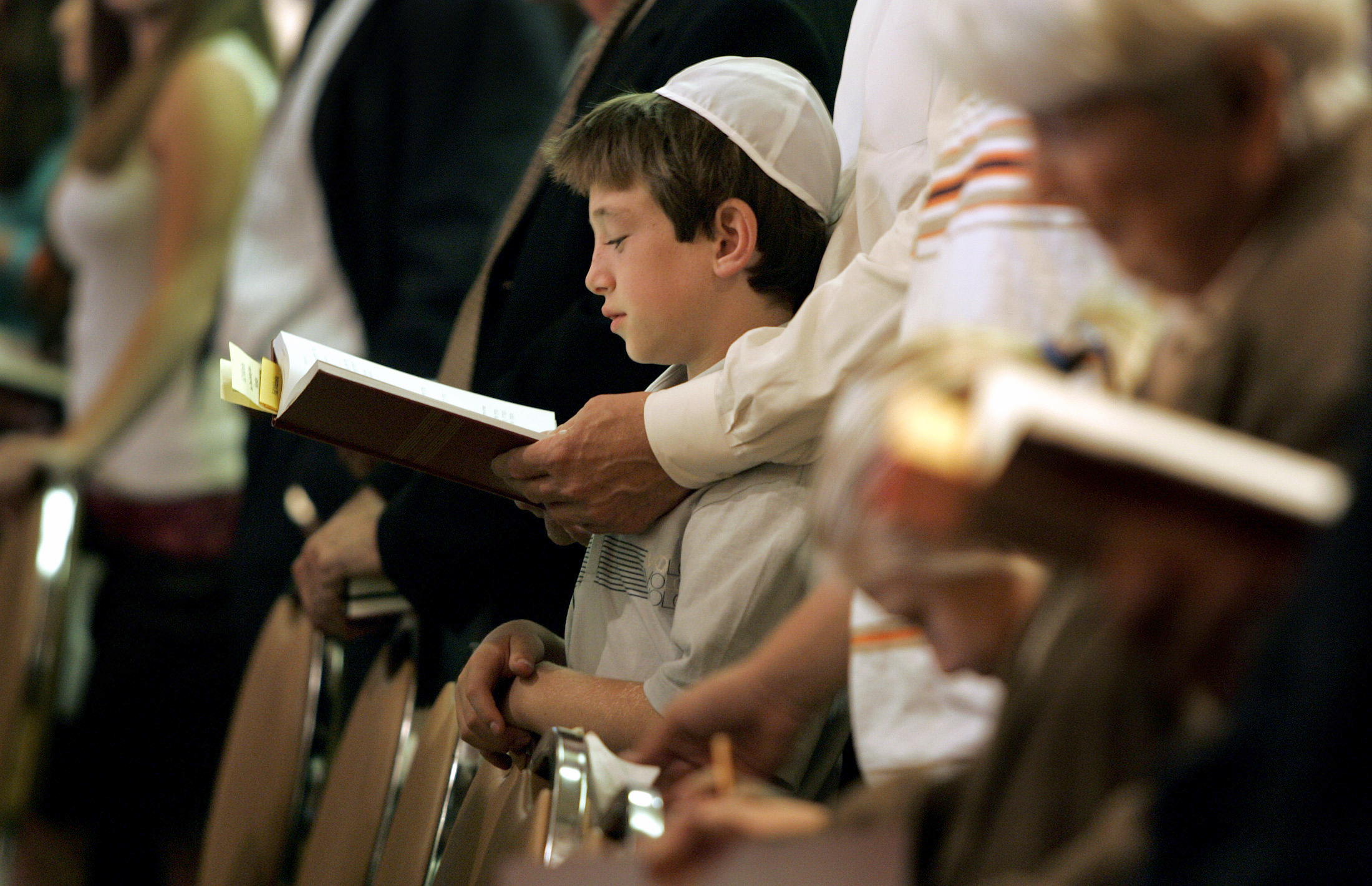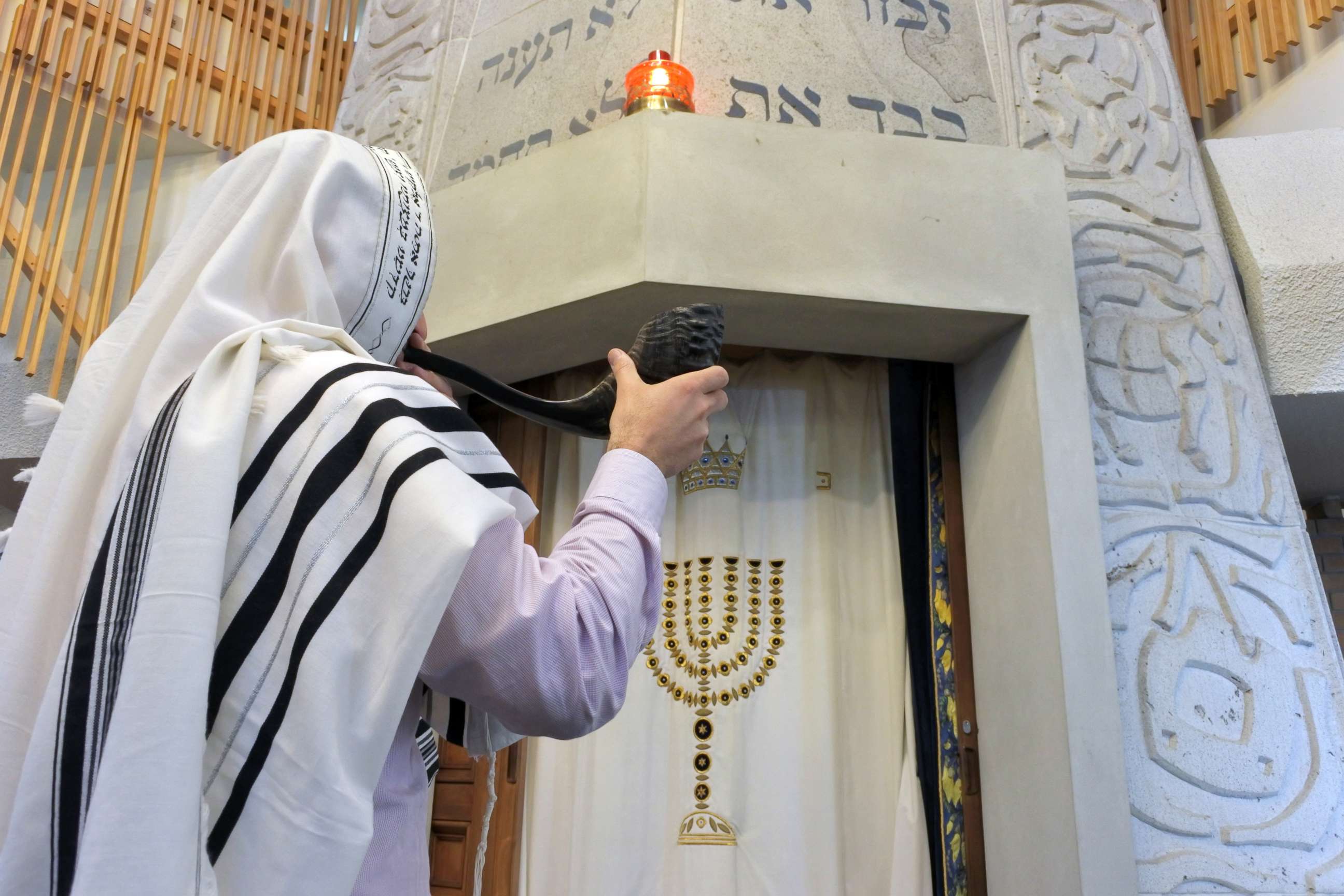What to know about Yom Kippur, the holiest day in the Jewish calendar
Yom Kippur, or the Day of Atonement, is the holiest day in the Jewish calendar.
— -- Yom Kippur, or the Day of Atonement, is the holiest day in the Jewish calendar. Here’s what you need to know.
What is Yom Kippur?
Yom Kippur marks the last day that God will inscribe names in The Book of Life. The holiday is the last opportunity to ask God for forgiveness before the Book of Life is sealed. Jewish people believe God cannot forgive sins done to other people, so prior to the holiday observant Jews will ask people in their lives for forgiveness for any pain they may have caused.
When is Yom Kippur?
The holiday is celebrated 10 days after the Jewish New Year, Rosh Hashanah and the period between the two holidays is a time for personal reflection and prayer. Yom Kippur begins at sunset on the 9th day of the Hebrew month of Tishrei and lasts until sundown on the 10th. It is commonly referred to as part of High Holy Days.
In 2017, the holiday falls on Sept. 29 through Sept. 30.

How is Yom Kippur observed?
Beginning at sundown tonight, Jewish people will start a nearly 26-hour fast to atone for their sins. The will also abstain from washing, wearing leather footwear and marital relations. They may attend Kol Nidre services tonight and Yom Kippur services all day tomorrow. After sundown tomorrow evening, Jewish people come together to break the fast and celebrate a sweet new year. The Shofar is blown at Kol Nidre services and at the end of the Yom Kippur service.

Common greetings
Jewish people often say “easy fast” prior to the holiday. They may also say “Yom Tov” which literally translates to "Good Day" in Hebrew and implies a special honor for a holiday. Since Yom Kippur is considered a part of new year celebrations, people may say “Shana Tova” meaning Happy New Year in Hebrew.




